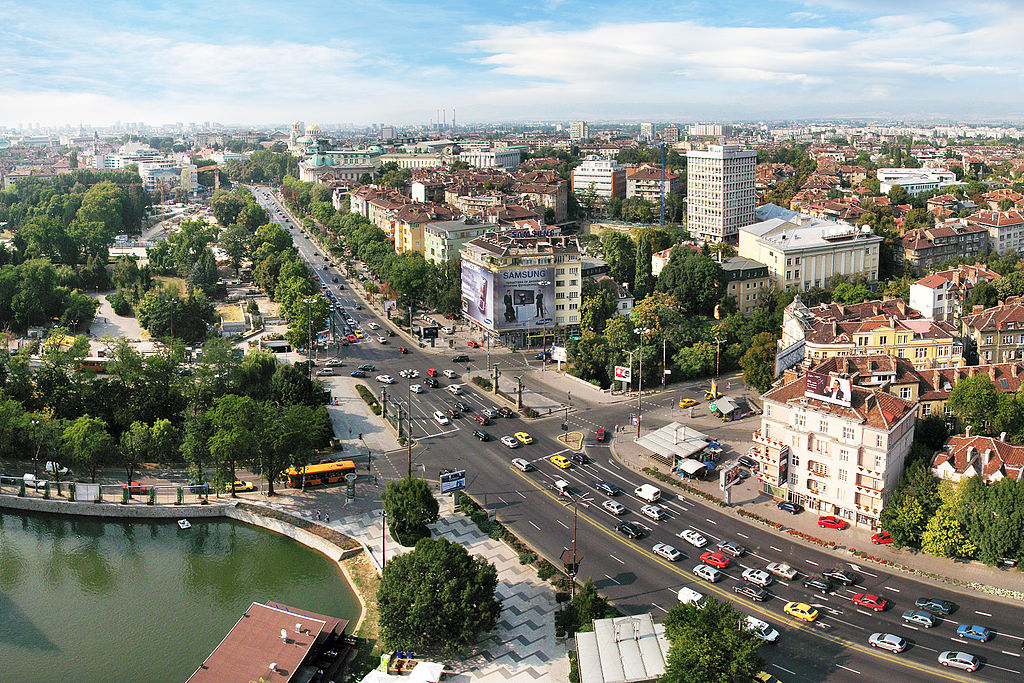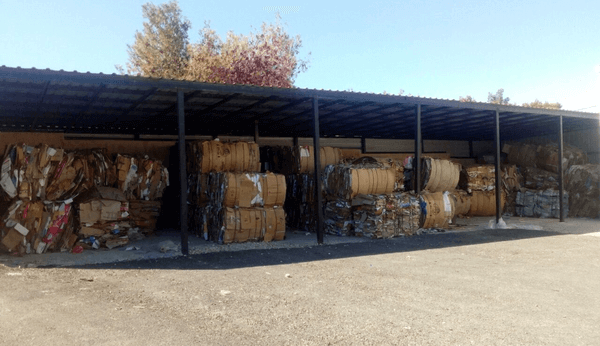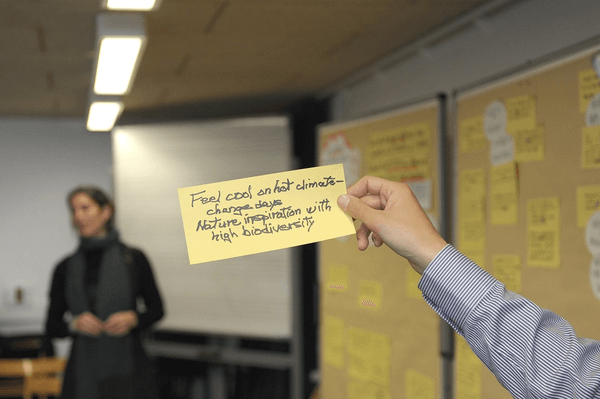The analytical work for CDS Phase I, supported by Cities Alliance, was initiated with an inception mission in September 2000. Sofia Municipality established a CDS steering committee and working groups on socio-economic and planning issues. The proposal for CDS Phase II has been developed in a collaborative way with input from key stakeholders representing the interests of different communities in Sofia. The project was initiated in February 2001 and completed within ten months. It capitalised on partnerships created during Phase I, professional contacts, networks, and cooperation. Results from analytical work as well as operational project management structures led to strong momentum in launching the public consultation process.
The project was anchored in Sofia Municipality. Efforts aimed at mobilising Sofia stakeholders through the assistance of Open Society Foundation, Bulgarian Chamber of Commerce, Union for Private Economic Enterprise, Centre for the Study of Democracy, Institute for Regional and International Studies, Economic Policy Institute, Centre for Economic Development, Centre for European Studies, Ikonomica, Foundation for Energy Efficiency, Association of Commercial Banks and Foundation for Local Government Reform.
Stakeholder mapping and analysis were carried out, to identify NGOs representing various ethnic minorities, socially disadvantaged groups, and, in particular, the high number of Sofia ‘working poor’, to ensure adequate representation in workshops and community discussions. Emphasis was placed on identifying organisations able to influence policy debate and assume responsibility for further discussion with local and central governments, as well as lobbying efforts for change.
Change was facilitated through research, policy advice, public consultation and capacity building in partnership with Sofia Municipality, local NGO representatives, trade unions and professionals from Bulgarian institutions (e.g. Association of Local Governments, Cities for Change, Ministry of Regional Development and Public Works), as well as international organisations (LGI USAID, UK Know-How Fund, UNDP).
Primary deliverable types include surveys, research reports and policy notes. These analytical outputs set the stage for programmatic outputs such as Sofia vision, action plan and investment programmes in priority sectors. Other deliverables included hands-on training in strategic planning and SWOT analysis.
CDS second phase converted analytical work into a process incorporating programmatic elements. It established a stakeholder vision for future Sofia development and action plans for priority areas; it integrated capacity building efforts so that Sofia Municipality can sustain monitoring, planning and consultation work needed to augment CDS.
Analytical assessment: initial findings formed the basis for a more in-depth discussion about structure and trends in the local economy, national and regional contexts, and various obstacles - institutional, financial, environmental, and social - which may constrain future development. In the case of Sofia spatial analysis, emphasis was on social problems and assessing regulatory constraints on private economic activity infrastructure provision and in particular, housing and land use planning.
Framing the process: two surveys were carried out:
-
assessing main concerns in Sofia residents and community leaders and their vision for the future;
-
assessing Sofia business environment and potential for growth, through interviews with established business leaders, foreign investors, banks, representatives of business associations, trade unions and NGOs.
Building consensus: on CDS priorities: several workshops were organised to set CDS priorities, to map out Sofia vision and to define a strategic plan of action in priority areas. Additionally, this phase incorporated curriculum design and training on strategic planning and public participation in municipal decision making, delivered to small groups of municipal professionals and community leaders. The training component served two purposes:
-
ensure good understanding of the CDS process
-
facilitate stakeholder input and sustainability of results.
Creating local capacity to sustain CDS achievements: efforts facilitated institutional changes in the municipal structure to ensure progress monitoring in priority areas, disseminating information to community groups, as well as capability to share lessons learnt and knowledge throughout Bulgaria. Emphasis was placed on establishing mechanisms to share Sofia learning experience through publications, newsletters, electronic professional networks, TV, and radio information.



